Midnight (1939)
“When I was a child, they daren’t leave me in a room with an armchair.”
|
Synopsis: |
|
Genres, Themes, Actors, and Directors:
Review: We’re never sure where each scene will lead to, and — like the characters — are consistently surprised by what comes next out of each person’s mouth. Colbert and Ameche (not to mention Rex O’Malley as Astor’s droll, fey sidekick): … prove themselves more than capable of surviving in a world of extreme snobbery and classism: working-class Ameche draws upon collective strength in motivating his fellow cab drivers to help him find Colbert: … while Colbert relies on both her beauty (Lederer is amusingly smitten the second he lays eyes on her) and quick wit to come up with on-the-spot rationales and back-stories for her newly adopted persona — including plenty of hilariously left-field (yet convincing) one-liners: “And yet, I had warning… Why else should his grandfather have sent me as an engagement present one roller skate covered with Thousand Island dressing?” This film is a treat to rediscover. Note: For a detailed overview of Brackett and Wilder’s contentious yet successful decade-plus collaboration, click here. Redeeming Qualities and Moments:
Must See? Categories
Links: |
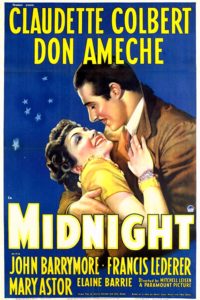
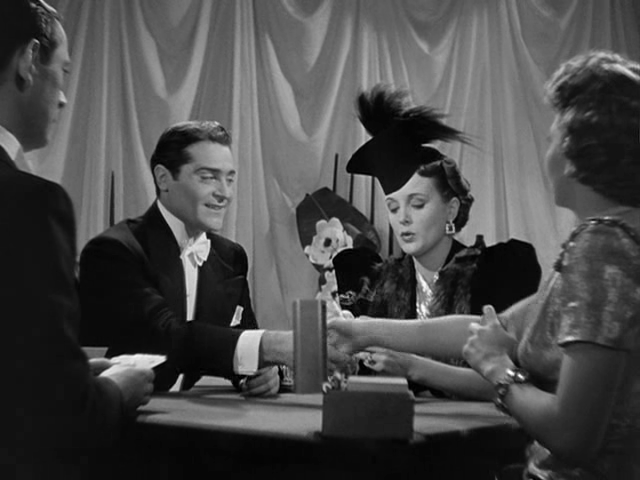
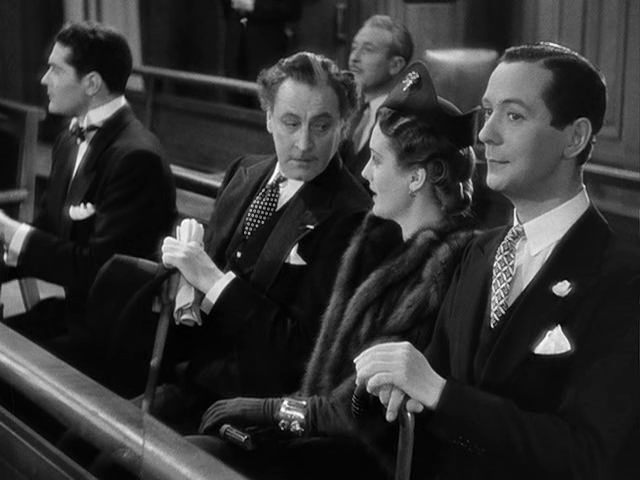
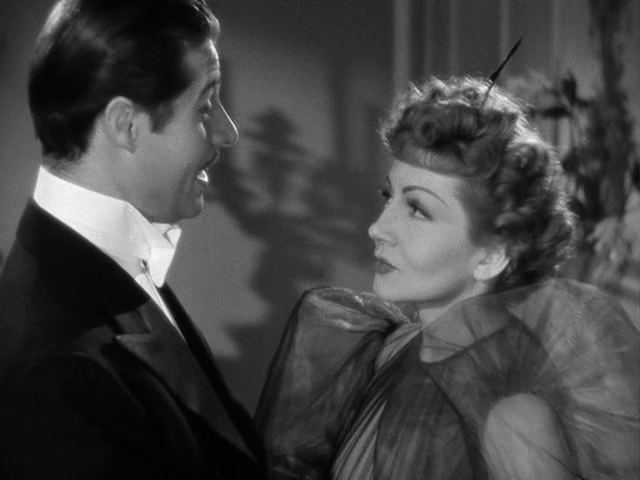
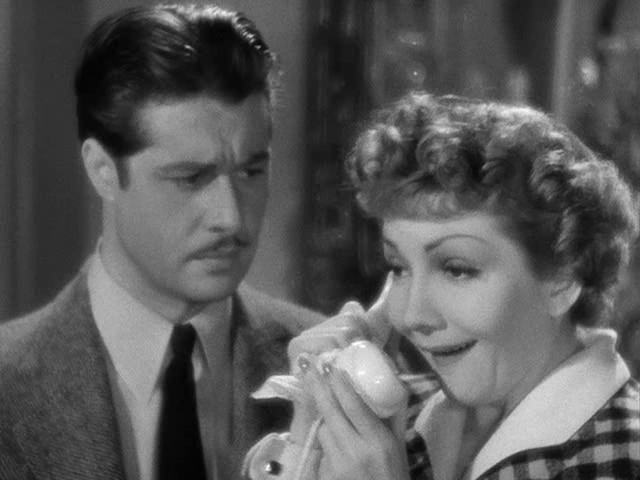
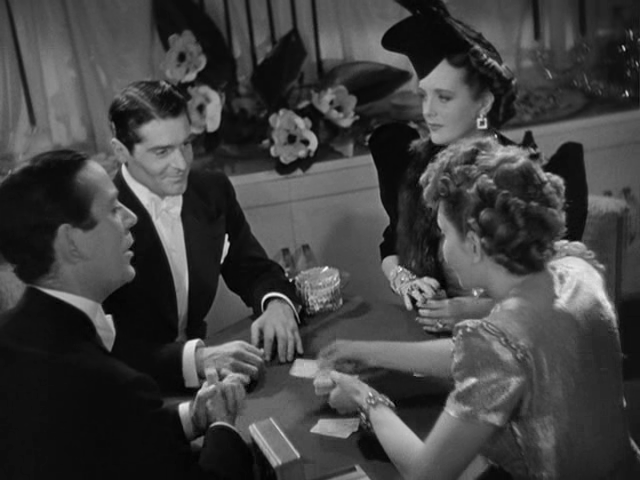
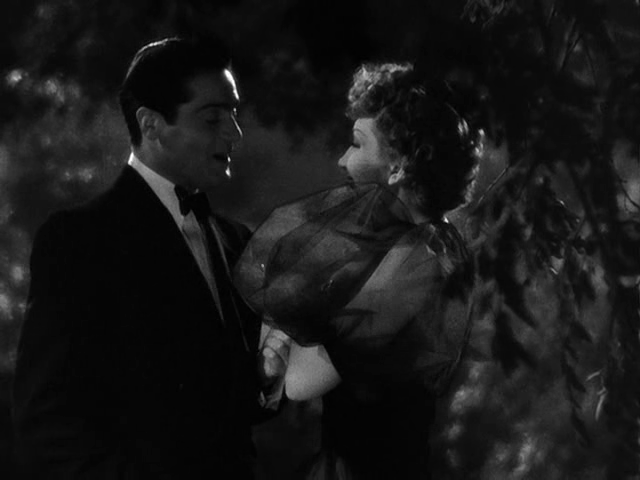
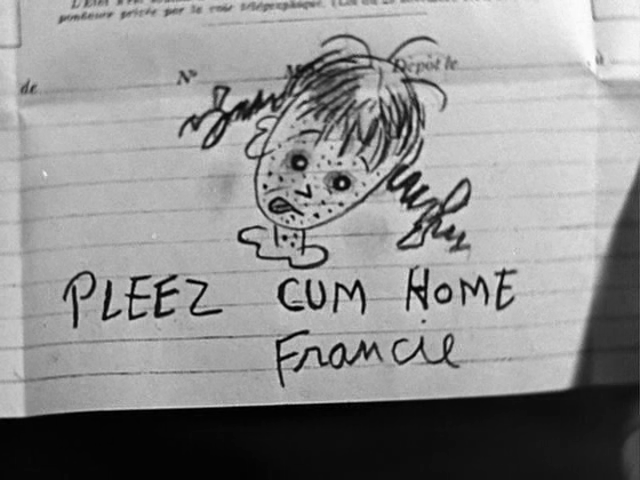
3 thoughts on “Midnight (1939)”
All told, not must-see – though it is occasionally lightly amusing and Barrymore’s participation helps.
I had seen this once before, years ago, and had a memory of it being… well, better than it is. On a revisit, I did notice that Brackett and Wilder’s script does well in terms of construction (i.e., the setting-up of various incongruous circumstances for comic effect) – but the material just isn’t that funny. (The team would go on to significant improvement in comedy with ‘Ninotchka’ and ‘The Major and the Minor’.)
Here and there, there is a sparkle of wit (a minor character: “It always rains when Stephanie gives one of her dull parties. Even nature weeps.”) but the script is way-too-reliant on its situation when it needed more verbal fun.
Barrymore’s character is a clever invention – and as an invention, he is used wisely. But, alas, his under-written role mostly succeeds visually; Barrymore can effectively accomplish a lot with just ‘a look’. (It’s almost as if Brackett and Wilder were here paying homage to Barrymore’s comic genius on display in ‘Twentieth Century’ – but they should still have given him more comic lines if that’s the compliment they were paying.)
I didn’t have any memories at all of watching this many years ago as a teenage film fanatic — it didn’t impact me much then, but apparently I was in exactly the right mood for it this time around.
That’s understandable; our current mood can have much to do with how much we’re enjoying something.
Since I did (for some reason) have a kind of positive memory, I was surprised that I couldn’t trust it. I was in the mood to enjoy something screwball. But I don’t think this film fits that definition in the true sense.
All of the requisite comic types are certainly in place – but (even though there are tiny hints of it) it’s missing that ‘madcap’ element, that essence of eccentricity that tends to be a solid screwball ingredient. As a result… well, Colbert, for example. Charming as she is here, she just seems to be doing prep work for a better take on ‘adventures among the rich’: ‘The Palm Beach Story’.